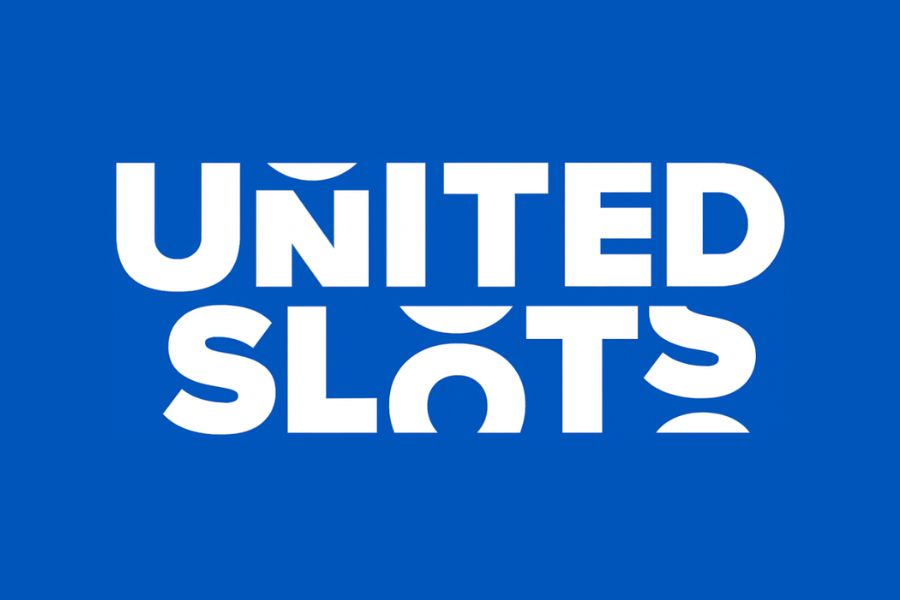The Social Gaming Leadership Alliance (SGLA) has appointed Sean Ostrow as its new Managing Director, a move that signals a stronger push on U.S. policy and regulation for social gaming and sweepstakes-style platforms.
Ostrow will guide advocacy, coordinate with lawmakers and regulators, and work alongside Executive Director Jeff Duncan, a former U.S. congressman. The announcement comes as states reassess rules around sweepstakes casinos, making leadership and clear industry standards more important than ever.
What the Appointment Means for Sweepstakes Casinos
SGLA’s choice of Sean Ostrow points to a practical focus on public policy, lobbying, and day-to-day engagement with state and federal regulators. Ostrow’s remit includes explaining how sweepstakes casinos operate, outlining consumer protections, and pushing for policies that distinguish promotional sweepstakes models from real-money gambling.
That clarity matters to players, platforms, and payment partners that want predictable rules and fair oversight.
In simple terms, SGLA wants clear guardrails without choking off innovation. That means working with officials to define terms, set age and ID checks, ensure game transparency, and outline complaint processes.
With Ostrow in the chair, the group is likely to press for consistent standards across states so companies aren’t juggling a patchwork of different rules. That could reduce compliance costs, help smaller startups enter the market, and give consumers a more uniform experience, no matter where they live.
This shift lands during a period of rapid policy change. Some states are drawing sharper lines around sweepstakes casinos, while others are still evaluating how to classify dual-currency systems and prize redemption flows.
As Managing Director, Ostrow’s job is to make the case for policies that protect users while allowing platforms to keep building legal, skill-based and promotional games. For operators, that kind of steady voice in statehouses may be the difference between a clear pathway to operate—or a sudden rule change that forces a pivot.
Why This Matters Now
The timing is key. In the last year, several high-profile debates have focused on where new sweepstakes casinos fit within existing laws. Some states have moved to restrict models that “look like” traditional gambling; others are asking for better disclosures and stronger safeguards.
In this climate, industry groups that can present data, explain mechanics plainly, and offer concrete standards are more likely to shape the final rulebooks.
Ostrow’s background in gaming policy and stakeholder outreach suggests SGLA will lean heavily on education, not just advocacy. That means meeting with lawmakers, answering tough questions about currency flow and odds, and proposing model policies that line up with consumer-protection goals.
It also means working with payment providers, ad networks, and app stores so that compliance expectations are aligned across the ecosystem—from onboarding through redemption.
For readers and players, the practical impact could show up as clearer in-app terms, stronger age checks, and more visible disclosure of how prizes are awarded and redeemed. For platforms, success will mean the ability to plan product roadmaps without sudden regulatory surprises.
And for the broader U.S. sweepstakes market, it may determine whether growth continues in a structured way—or slows while rules are sorted out state by state.
SGLA’s leadership move suggests the group wants to be at the center of that discussion.
With Sean Ostrow coordinating policy strategy and Jeff Duncan supporting from the executive role, expect a busier schedule of meetings, statements, and suggested guidelines aimed at helping lawmakers draw clear lines that protect consumers and allow responsible social gaming to thrive.




